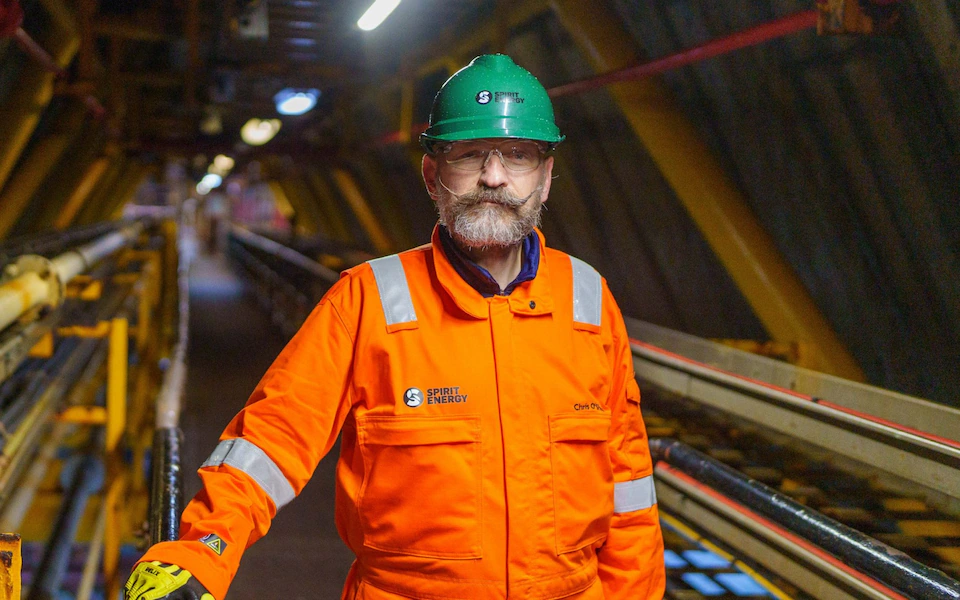The Chief Executive of Centrica, the parent company of British Gas, has urged Chancellor Rachel Reeves to move the green levy from household energy bills to general taxation, arguing that the current system places an unfair burden on consumers.
Chris O’Shea said the UK’s transition to net zero requires substantial investment, and the costs should be more equitably distributed. He warned that, under the current approach, households are footing too much of the bill.
Read also: UK’s largest gas storage facility faces shutdown
Speaking on BBC Radio 4’s Broadcasting House, O’Shea explained: “The cost of the energy transition is not small. It’s not because renewables are expensive, but because we’re overhauling an outdated energy system. At the moment, those costs are passed directly onto energy bills. There’s an alternative funding them through general taxation, which Centrica would support.”
He acknowledged the Chancellor faces difficult choices ahead of the upcoming spending review, but emphasised that someone will ultimately have to pay either consumers, businesses, or taxpayers.
What green levy is
Green levy charges are added to bills to help fund renewable energy projects that are under increasing scrutiny. While they support the government’s 2050 net-zero goal, critics say they contribute to high energy costs that are hitting households and businesses hard.
The independent Climate Change Committee recently called for these levies to be removed from electricity bills altogether, suggesting the cost could instead be spread through gas bills or covered by public funds. The committee warned that high electricity prices are deterring people from switching to electric cars and heat pumps, slowing progress toward decarbonisation.
Business groups have echoed those concerns. Rain Newton-Smith, head of the Confederation of British Industry (CBI), recently warned that the costs of achieving net zero were acting as a drag on the UK economy.
Although energy regulator Ofgem has announced a £129 reduction to the price cap next month, offering temporary relief to households, energy bills remain a key political issue as the UK advances its shift to renewables.
At the same time, Labour’s energy strategy is facing internal tension. Party leader Sir Keir Starmer has intervened in a debate over proposed “zonal pricing” reforms, which could lead to higher electricity costs in the South than in the North. Proponents say the move could save consumers up to £52 billion overall.
O’Shea stressed the importance of increasing energy storage capacity to bring long-term price stability. But he warned that simply moving costs between regions or customer groups wouldn’t address the core issue: “The cost has to be met by the country. The real question is—who pays?”
His remarks follow backlash over his compensation. O’Shea received a £4.3 million pay package last year, including a 29% salary increase.



